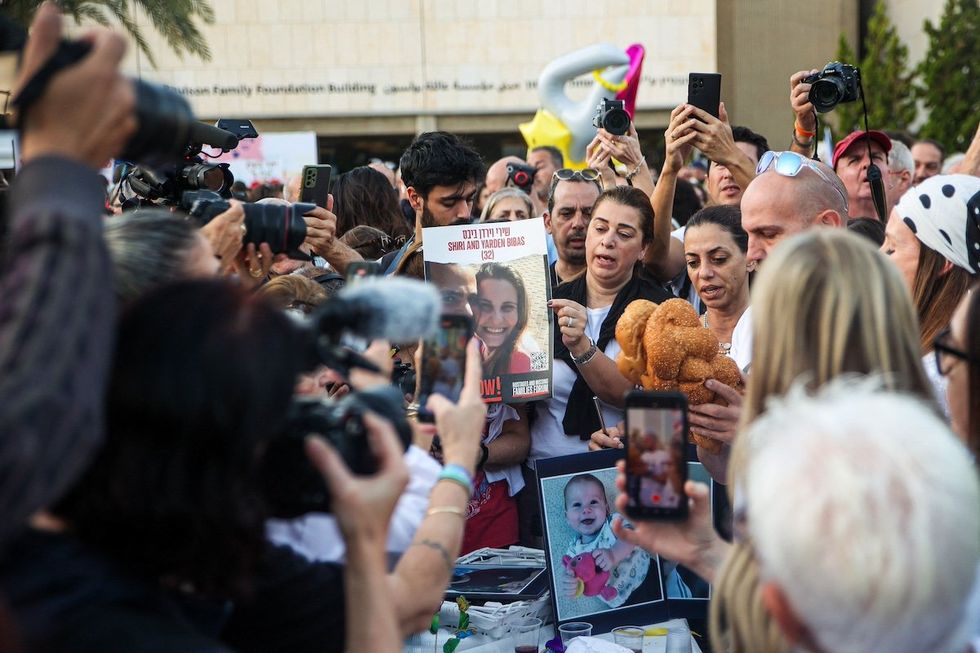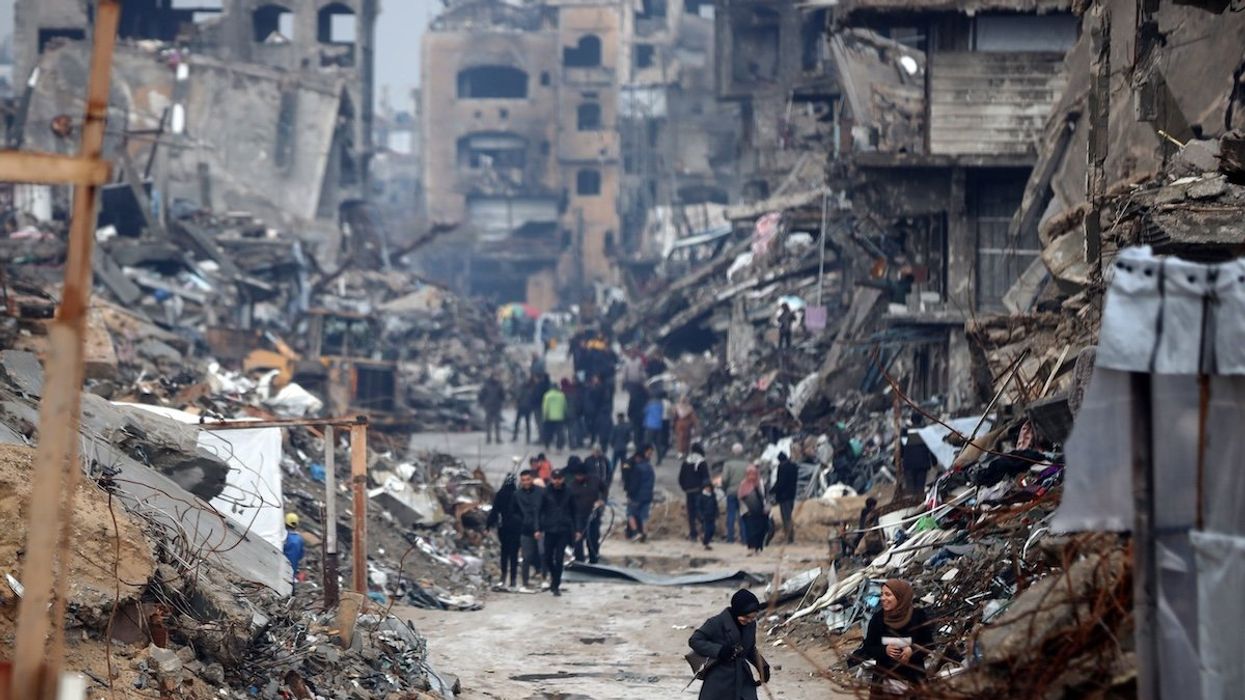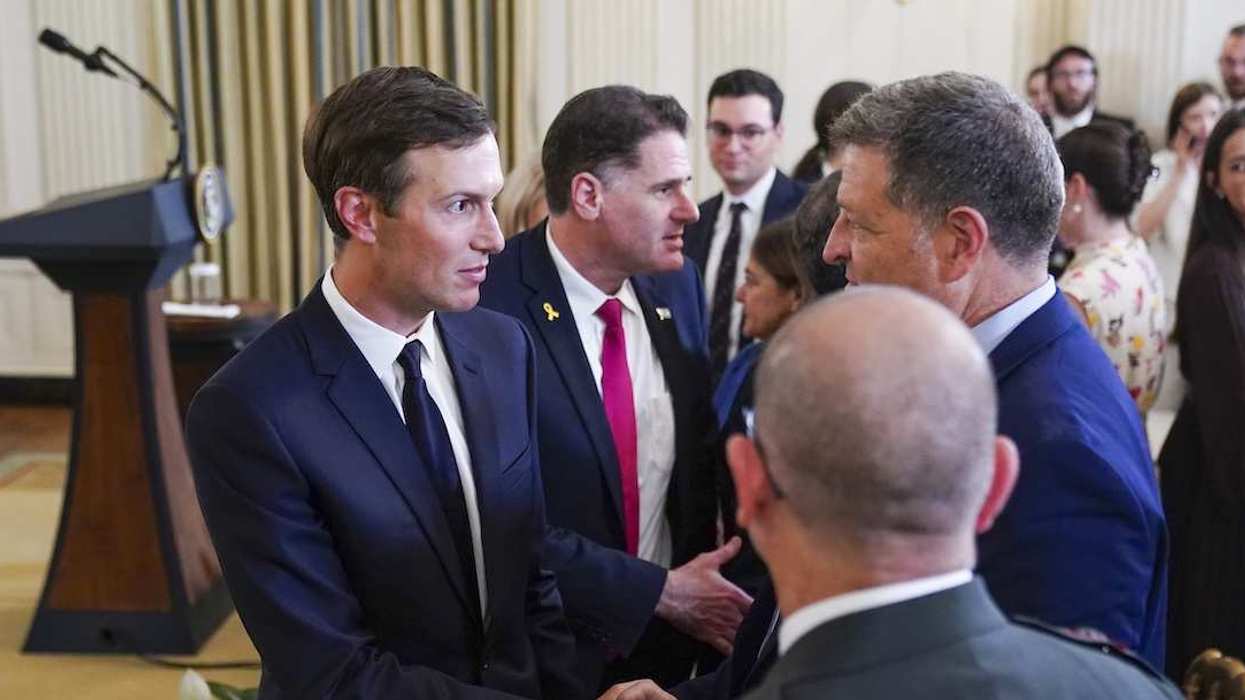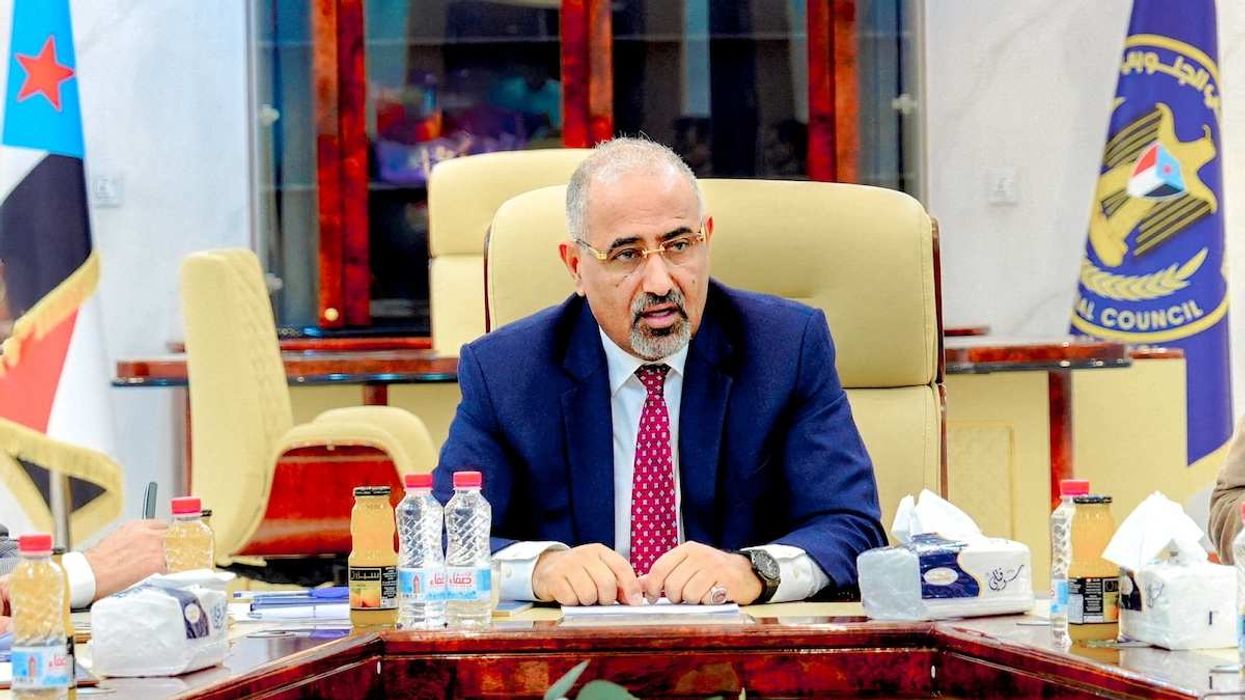After a tense morning of fears that the fragile cease-fire agreement between Hamas and Israel was crumbling after just one day, Hamas released a second round of 13 Israeli hostages in exchange for 39 Palestinian prisoners. Hamas was poised to postpone the release over accusations that Israel did not let enough aid reach Gaza and fired upon Palestinian civilians attempting to enter north Gaza from the south on Friday, killing 2 and wounding 30.
The release follows the start of the four-day cease-fire deal announced on Friday under which Hamas agreed to release a total of 50 hostages over the next few days in exchange for 150 Palestinian prisoners held by Israel. All of those poised to be released by both sides are women and children. The deal also promises the delivery of more food and fuel aid to Gaza.
Yesterday, Qatar’s foreign ministry confirmed Friday that Hamas released 13 Israeli hostages, 10 Thai nationals, and one Filipino. Thirty-nine Palestinian prisoners held in Israel were also released.
Those leaving Gaza were transferred to the Red Cross in Egypt, where they were identified by the Israeli military, taken into Israel, given medical attention, and put in contact with family. The Israeli government has released the names of all those returned today, including 9-year-old Ohad Munder-Zichri, whose family spoke with GZERO earlier.
The Israeli government on Wednesday published a list of prisoners eligible for release, which includes 33 women and 267 boys between the ages of 14 and 18. The list includes 300 names to leave the door open for the possibility of additional exchanges. The prisoners slated for release have been charged with offenses ranging from “attempted murder” and “throwing stones” to “damage to the security of the area” and “contact with a hostile organization.” A number of those on the list have not yet been tried.
The humanitarian situation: On Friday, 196 aid trucks of the 230 planned entered the enclave. 185 more entered on Saturday, just shy of the 200 that were scheduled. But Hamas alleges that less than half of the aid that was agreed upon was delivered. According to the U.N this aid has been distributed to hundreds of thousands of Palestinians, but still falls nowhere near the amount needed. Over 12,000 Palestinians have been killed since the fighting began, according to data from the Gaza health ministry.
Qatar, which helped broker the truce, has set up a command room to oversee its implementation and act as a liaison between the belligerents and the Red Cross, which is managing the hostage releases in Egypt.
What happens now: Israel said it would extend the pause in fighting by one day for every additional 10 hostages released. But Israeli Prime Minister Benjamin Netanyahu has also emphasized that the war “will continue until we achieve all of our aims: to destroy Hamas, to bring back all of the hostages, and to ensure that the day after Hamas, Gaza will no longer be a threat to Israel.”

















